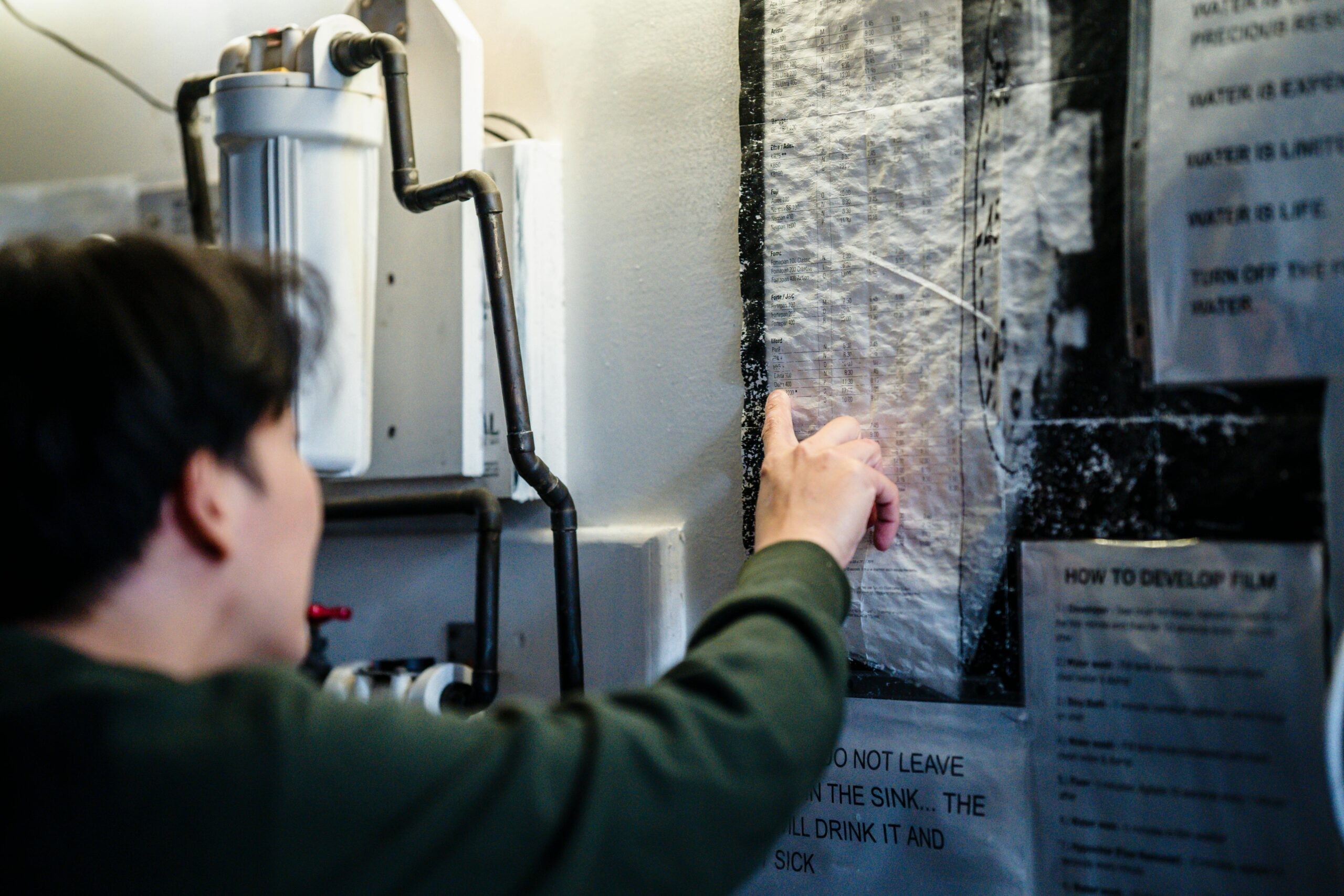Choosing the right water heater is an important decision for any homeowner, as it directly affects comfort, energy consumption, and utility costs. The process of water heater selection involves considering various factors such as capacity, efficiency, and installation requirements. This guide will provide a comprehensive overview of how to choose a water heater suitable for a residential setting, particularly in the context of New Jersey plumbing needs.
Key Takeaways
- Understanding different types of home water heaters helps in making an informed choice based on household needs.
- Selecting energy efficient water heaters reduces energy costs and environmental impact.
- Accurate assessment of water heater capacity ensures consistent hot water supply without unnecessary waste.
- Considering professional water heater installation ensures safety and compliance with local codes.
- Regional factors, such as climate and local regulations in New Jersey, influence water heater selection.
Proper water heater selection is essential to guarantee reliable access to hot water while managing energy consumption and operational costs effectively. This guide explains the key elements involved in choosing the right water heater for a home, highlighting the importance of understanding various water heater types, capacity requirements, energy efficiency, and installation considerations, especially for residents in New Jersey.
Introduction
Water heaters are integral to residential plumbing systems, providing hot water for bathing, cleaning, cooking, and heating. The choice of a water heater affects daily comfort levels as well as utility bills. Factors such as household size, hot water demand, energy efficiency standards, and local plumbing infrastructure all play a role in determining the most suitable unit. Selecting the appropriate water heater not only ensures sufficient hot water supply but also complies with safety codes and energy regulations, which is especially relevant for New Jersey residents. This selection process benefits everyone from first-time homebuyers to those upgrading or replacing an existing system.
Types of Water Heaters: Definitions and Characteristics
Understanding the different types of residential water heaters is fundamental to making an informed selection. Common categories include:
- Conventional Storage Tank Water Heaters: These units store a fixed volume of hot water in an insulated tank, typically ranging from 20 to 80 gallons. They operate by heating the water continuously to maintain a preset temperature.
- Tankless (On-Demand) Water Heaters: These systems heat water directly as it flows through the unit without storing it, providing hot water only when needed. They are compact and can offer nearly unlimited hot water supply depending on the flow rate.
- Heat Pump Water Heaters (Hybrid): These devices use electricity to move heat from the surrounding air to heat water, offering higher energy efficiency compared to conventional electric heaters.
- Solar Water Heaters: Utilizing solar panels, these systems capture sunlight to heat water, often supplemented with conventional heating sources to ensure consistent supply during low sunlight.
- Condensing Water Heaters: Primarily fueled by gas, condensing units extract extra heat from exhaust gases, improving efficiency.
Examples and Market Context
In New Jersey, a state with variable seasonal temperatures, conventional storage tanks and tankless water heaters remain the most common choices among homeowners. Increasing demand for sustainable solutions has led to wider adoption of heat pump and solar water heaters, supported by state incentives for energy-efficient appliances. For example, residents may take advantage of rebate programs that promote energy efficient water heaters to reduce long-term costs.
Factors to Consider When Choosing a Water Heater
Several important elements influence the selection process:
- Household Size and Hot Water Demand: Estimating peak usage helps determine the required water heater capacity. For storage tanks, capacity is measured in gallons, while tankless units are rated by flow rate in gallons per minute (GPM).
- Energy Efficiency: Units with high Energy Factor (EF) ratings consume less energy. Energy Star certified models often qualify for local rebate programs. Opting for energy efficient water heaters lowers utility bills and environmental footprint.
- Fuel Source Availability: Options include electricity, natural gas, propane, or solar power. The choice depends on local utilities and home infrastructure.
- Installation Location and Space Constraints: Tankless water heaters require less space and facilitate installation near points of use, reducing heat loss through pipes.
- Upfront Cost versus Long-Term Savings: Tankless and heat pump models may have higher initial costs but offer operational savings over time compared to conventional tanks.
- Compliance with New Jersey Plumbing Codes: Local building codes specify standards for water heater installation and safety, which must be observed during selection and setup.
Risks, Maintenance, and Practical Applications
Incorrect sizing or installation of water heaters can lead to several issues, including insufficient hot water, premature unit failure, or safety hazards such as leaks or gas malfunctions. Regular maintenance, such as flushing storage tanks to remove sediment buildup or inspecting anode rods, prolongs equipment life and efficiency.
Applications also vary: larger households or homes with high hot water needs (e.g., multiple bathrooms) might benefit more from high-capacity storage tanks or multiple tankless units, whereas smaller households may prefer compact, energy-efficient models to minimize operating costs.
Summary
Effective water heater selection for residential use involves evaluating household needs, energy efficiency, fuel types, and installation considerations. Understanding the characteristics and advantages of different water heater types supports informed decision-making that aligns with both comfort requirements and regulatory standards in New Jersey. Coordination with professional plumbing services ensures proper water heater installation and code compliance, safeguarding functionality and safety.
For additional guidance on selecting and installing the best water heater suited to specific home needs, consulting experienced New Jersey plumbing professionals is recommended. These experts can provide tailored recommendations based on the unique conditions of each property.
Learn more about professional water heater installation services available in New Jersey.


Recent Comments